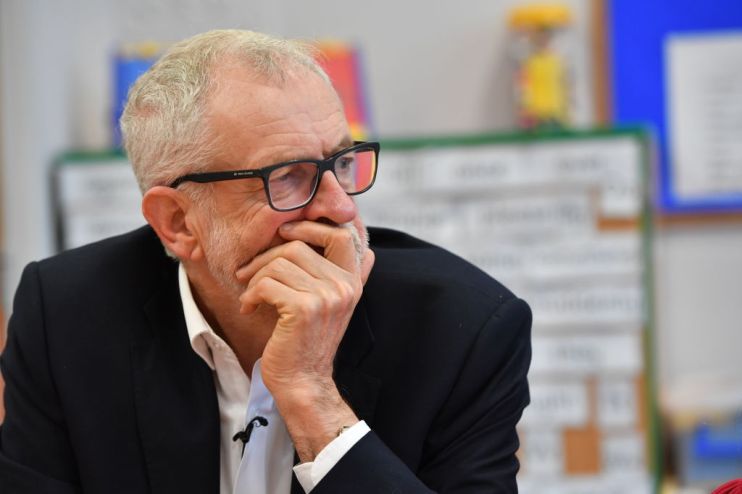Institute of Directors members criticise Labour nationalisation plans

Members of the Institute of Directors business body have criticised Labour’s plans to nationalise broadband, with 75 per cent of members calling the policy a bad idea in a poll.
In a survey of over 1,000 of its members, the IoD also found that Labour’s broader plans to nationalise swaths of the economy would result in less reliable, costlier and underfunded utilities and infrastructure.
Read more: General Election 2019: Labour to get money moving out of Whitehall and the City
The survey comes as the General Election campaign draws to a close ahead of polling day on 12 December. Polls show the Conservatives with a healthy lead, but the outcome is far from certain.
Jeremy Corbyn’s Labour party has promised to radically transform the economy. It would unleash £400bn of investment spending over 10 years, nationalise rail, mail, water and parts of the broadband network, and increase day-to-day spending by around £80bn a year.
The IoD’s members were supportive of higher public spending to improve infrastructure, the poll showed, with 28 per cent saying it should grow significantly and 49 per cent calling for a more modest expansion.
“By and large, directors agree that the economy needs a shot in the arm, particularly with many firms facing the prospect of Brexit upheaval,” said IoD policy director Edwin Morgan.
“Companies have been calling out for infrastructure improvements across the country for a long time, and they will be pleased that this is one area where all the parties appear to agree on the need to raise our game.”
Yet he said that although “Business leaders are as frustrated as anyone by slow broadband and cancelled trains”, taking “whole sectors under state control would consume huge amounts of government time and effort while offering no guarantee of improvements”.
A Labour party spokesperson said: “Labour is proud of our popular policies to put key sectors like energy, water, railways and communications into the hands of the people.”
Morgan said there are “more pressing priorities”. The survey showed that 37 per cent of business leaders said their top priority for the next government was preparation and support for Brexit.
Prime Minister Boris Johnson has said that passing a Brexit deal would boost the economy by bringing clarity, releasing pent-up business investment.
Read more: General Election: How to watch and what to watch for
Many firms and business groups say 2020 will be another year of uncertainty, however. They point to the fact that the UK will be locked in trade negotiations with the European Union and could crash out on to unfavourable trading terms if no agreement is reached by the end of the year.
Skills and training is firms’ second-highest priority, while incentives for business investment comes in third.